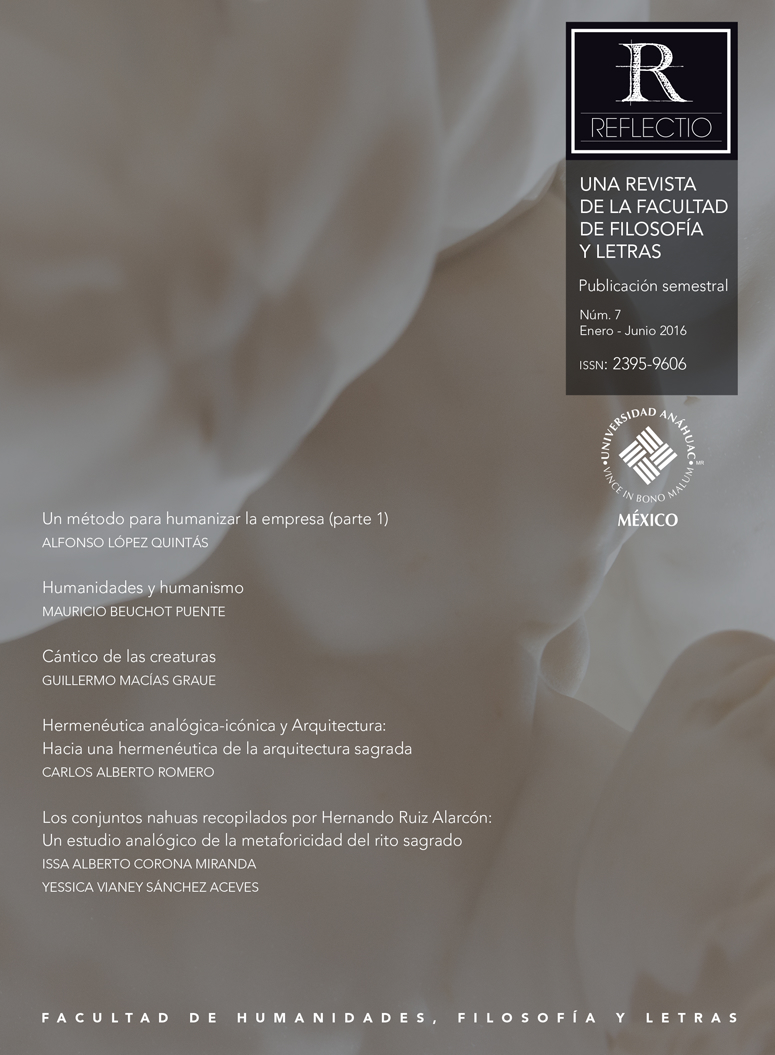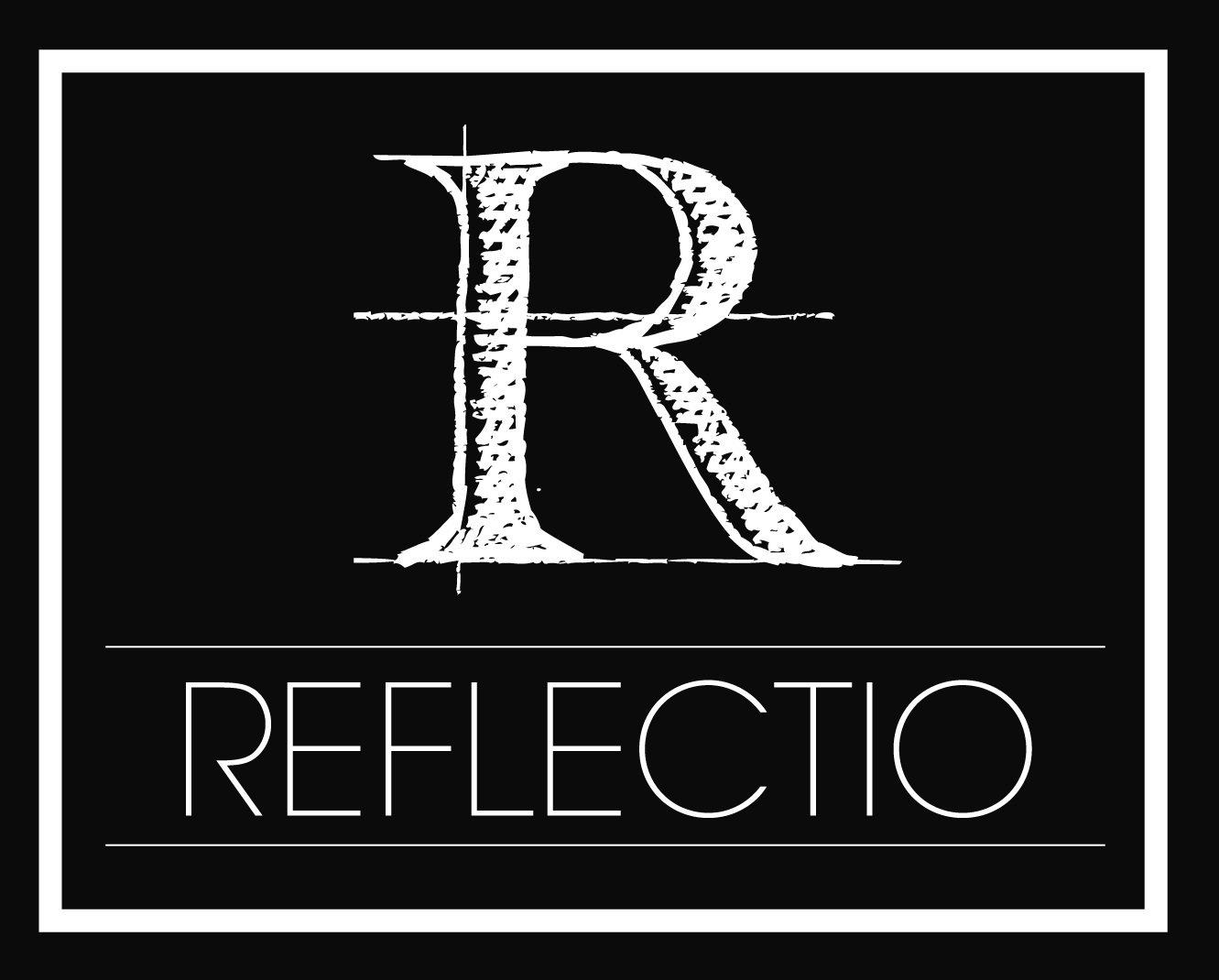UN MÉTODO PARA HUMANIZAR LA EMPRESA (parte 1 de 2)
Palabras clave:
ética, inteligencias emocional, sentido de vida, creatividad, liderazgoResumen
La empresa debe lograr toda la excelencia que exige su misión. Ésta no se reduce al logro de beneficios; implica conseguir una alta calidad en los productos y en los servicios. Esta doble meta la conseguirá la empresa con mayor facilidad si se propone lograr una
tercera: ayudar a sus colaboradores a desarrollarse como personas. El autor describe el proceso de desarrollo personal y subraya que éste presenta dos momentos decisivos: el encuentro y el descubrimiento del ideal de la unidad. A la luz de tal análisis queda claro que, para desarrollarse satisfactoriamente, la empresa ha de permitir a sus colaboradores participar activamente en cuanto ella implica. Si el trabajador es consciente de la importancia que tiene en el conjunto de la empresa la función que él realiza, su trabajo se convierte en juego creativo y cobra verdadero sentido. Al ver su actividad llena de sentido, se siente satisfecho y altamente motivado. Esta motivación lo dispone para tomar como propia la suerte de la empresa, dirimir de la mejor manera las
actitudes opuestas y asumir con buen ánimo el esfuerzo de adaptación que puedan exigirle los cambios de trabajo que haya de realizar. El ejemplo de ciertas empresas internacionales —como la mexicana Bimbo—, que han seguido esta orientación antropológica, deja bien claro por qué el ideal de la unidad y del servicio ha sido la clave de su exitosa expansión.
Descargas
Referencias
Cabada Castro, Manuel. La vigencia del amor. Madrid: San Pablo, 1994.
Cuenca, Manuel. Ocio humanista. Bilbao: Universidad de Deusto, 2000.
Deal, Terrence E. y Allan A. Kennedy. Corporate Cultures. EEUU: Perseus Digital Library, 2000.
EFQM “Los líderes excelentes desarrollan y facilitan la consecución de la misión y la visión, desarrollan los valores y sistemas necesarios para que la organización logre un éxito sostenido y hacen realidad todo ello mediante sus acciones y comportamientos”. (“Enablers” 2012). Consultado el 27 de julio de 2014 en www.efqm.org/efqm-model/criteria/enablers Encíclica Centessimus Annus.
Farell, Gerardo T. “El empleo. Economía solidaria y economía de mercado.” En Consudec, Buenos Aires, nº 814 (junio 1997).
Fernández, José Luis. “Más allá del valor económico: la ética en la gestión.” En Cómo educar en valor editado por José María Méndez. Madrid: Síntesis, 2001.
Fontrodona Felip, Joan. La ética que necesita la empresa. Madrid: Unión Editorial, AEDOS, 1998.
Frankl, Víktor. El hombre en busca de sentido. Barcelona: Herder, 1979 [Man’s search for meaning. Nueva York: Pocket Books, s.f.]
Golemann, Daniel. La práctica de la inteligencia emocional. Barcelona: Círculo de Lectores, 1999.
López Quintás, Alfonso. Descubrir la grandeza de la vida. Bilbao: Desclée de Brouwer, 2009.
_____ El conocimiento de los valores. Navarra: Verbo Divino, 2000.
_____ El libro de los valores. Barcelona: Planeta, 2003.
_____ Estética de la creatividad. Madrid: Rialp, 1998.
_____ Liderazgo creativo. Hacia el logro de la excelencia personal. Oviedo: Ediciones Nobel, 2004.
Melendo, Tomás. Las claves de la eficacia empresarial. Madrid: Rialp, 1990.
Ouchi, William G. Theory Z: How American Business Can Meet the Japanese Challenge. Londres: Addison-Wesley, 1981.
Pascale, R. T. y A. G. Athos. The art of Japanese management. Nueva York: Simon & Schuster, 1981.
Peters, Thomas J. y Robert. H. Waterman. En busca de la excelencia. Barcelona: Ediciones Folio, 1990.
Rof Carballo, Juan. El hombre como encuentro. Madrid: Alfaguara, 1973.
_____ Violencia y ternura. Madrid: Prensa Española, 1977.
Rogers, Carl R. El proceso de convertirse en persona. Barcelona: Paidós, 2007.
Servitje, Roberto. Bimbo. Estrategia del éxito empresarial. México: Pearson Education, 2003.
Vilaseca, Borja. “¿Todavía no ha cambiado de paradigma?” entrevista a Edgard de Bono. En El País (8 de marzo de 2009).
Watkins, Sherron. “Ken Lay still isn´t listening.” En Time (5 de junio de 2006).
Descargas
Publicado
Número
Sección
Licencia

Esta obra está bajo una licencia internacional Creative Commons Atribución-NoComercial-SinDerivadas 4.0.
Reflectio se distribuye bajo licencia internacional Licencia Creative Commons Atribución-NoComercial-CompartirIgual 4.0 Internacional.
El autor conserva los derechos patrimoniales sin restricciones y garantiza a la revista el derecho de ser la primera publicación del trabajo. El autor es libre de depositar la versión publicada en cualquier otro medio, como un repositorio institucional o en su propio sitio web.
















